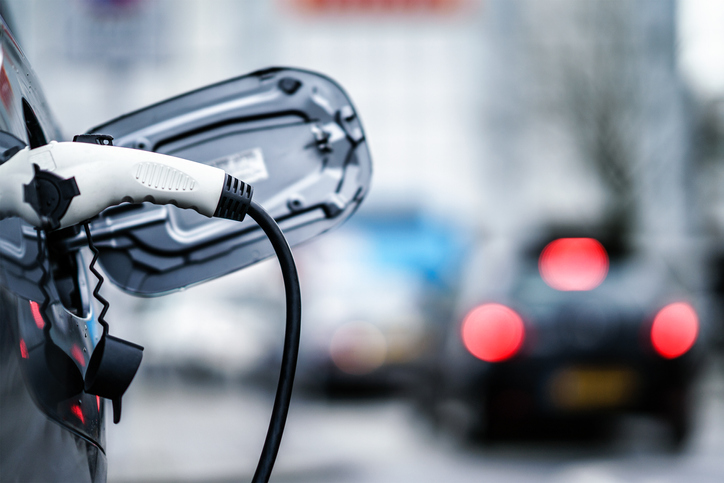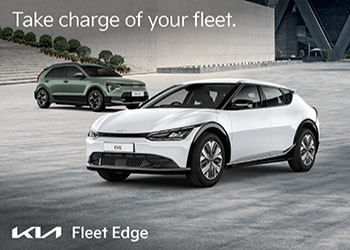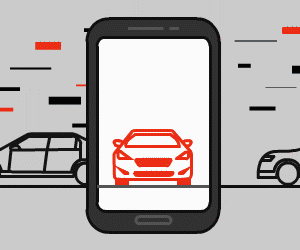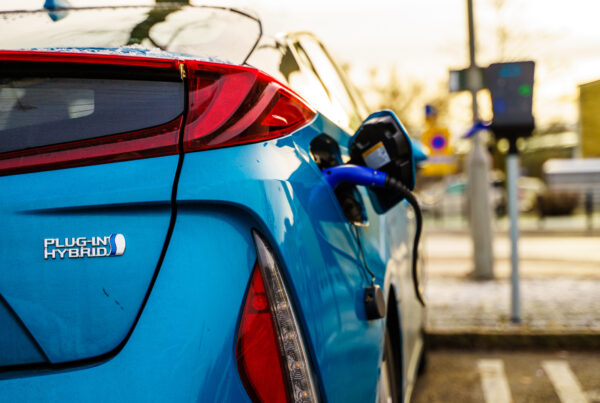New studies continue to show that consumers still demonstrate a considerable knowledge gap regarding electric cars.
Questions like how long does it take to charge a Tesla vehicle is a common example. Another frequent question is the cost of charging an EV. Some people wonder if they are capable of operating well in cold climates. Others wonder if there are enough charging stations along roadways or city streets to juice up electric cars when they are low on power.
A recent study by Autolist identified three major concerns that prevent people from considering the purchase of an electric vehicle. It’s interesting to note that the three primary doubts given about electric cars are largely myths.
Range
The first major concern is the range of electric vehicles. How far can an EV go on a single charge? That varies somewhat depending on the price and model. But 300-400 kilometres is a fairly standard distance on one charge for an electric car. The Tesla Model S Long Range can go almost 600 kilometres in the right conditions. Meanwhile a traditional vehicle has an average of 450-500 kilometres on one tank of fuel so it goes to show in terms of pure range EVs are certainly in the ball park.
Price
The next most common inhibiting factor is concern over price. The majority of people interviewed believed that electric cars were far more expensive than traditional cars. This is somewhat true, but it is not the whole picture. While on-road purchasing costs will always be more – well at least in the mid term – the cost of driving an electric car after purchase is far cheaper and begins to pay for itself. A 2018 study by the University of Michigan showed that electric cars cost about half as much to operate each year when compared with a gas-powered car. The average cost for an EV is $485 (US) per year while a petrol car was determined to be $1,117 (US).
Charging Availability
A third major factor that hinders the sale of electric cars in the belief that there are not enough charging stations. This is a reasonable concern depending upon where a driver lives, but initiatives within Australia from organisations like Chargefox and Jet Charge are hoping to change that – by installing station in more locations than ever before. Keep in mind that 80% of EV owners charge their vehicles at home most of the time, so this mitigates the concern somewhat.
A number of variables are still significant when considering the efficacy of electric cars as compared to ICE (internal-combustion engine) vehicles, but these factors continue to be mitigated as the EV industry advances.




















